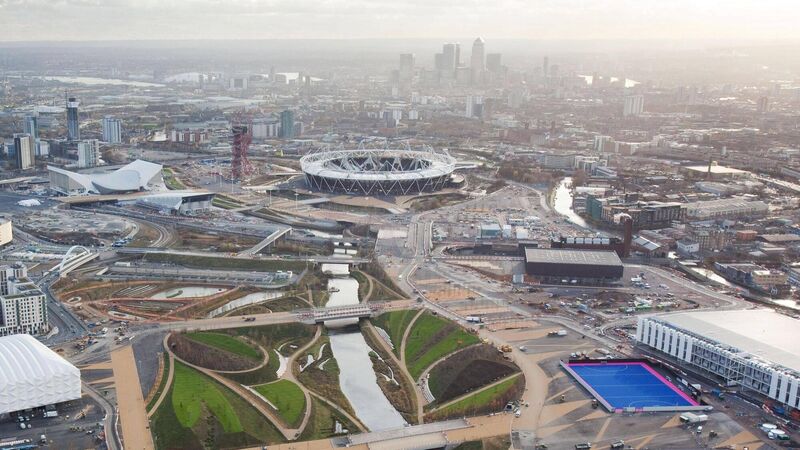London housing begins to feel the pain of Britain’s wobbling economy

Developers have slowed housebuilding on concern about the economy and pressure from higher borrowing costs and inflation.
On a site in a deprived part of east London, the cracks in the British economy are meeting the crisis at distressed developer Country Garden Holdings.
The firm, which bought the land in 2018, had been planning to construct hundreds of apartments, but no buildings have gone up and now the developer faces a cash crunch.











